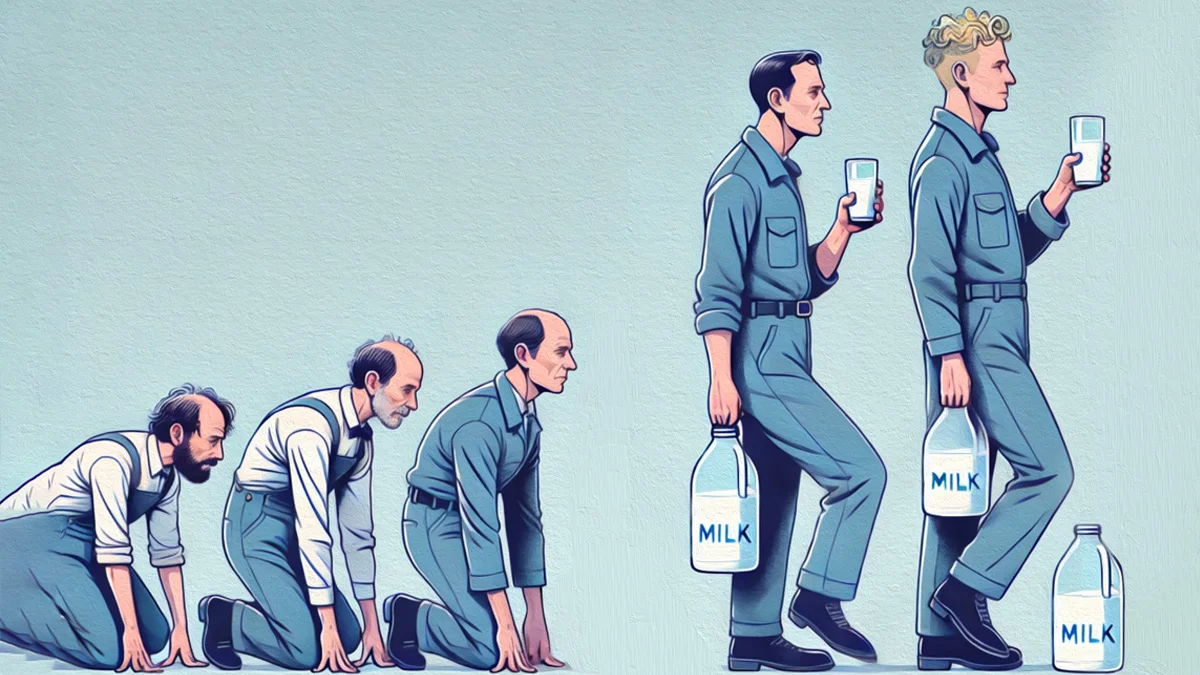
Simon Mellin doesn’t fit the mould of what a tech entrepreneur looks and sounds like. That could be due to his broad east Lancashire accent, his tattoos or his cauliflower ear – a “trophy” from his love of mixed martial arts.
“Most people can’t understand me,” he says. “I have to talk quite slowly. There’s a stigma attached to northern businesses that you can’t raise money or do what you want. I think it’s b*****ks.”
Earlier this year his business, Modern Milkman, was the highest-placed UK company when it was rated eighth in the FT 1000, which ranks Europe’s fastest-growing companies. Still, Mellin didn’t let the attention go to his head.
“I haven’t changed anything about myself,” he says. “You have to be different, and that’s all right. I’m a very honest person, it’s important to stay true to who you are. I call a spade a spade.”
What has led to his success, he believes, is a clear understanding of his company and its mission, purpose and strategy. “You’ve got to be confident in doing what you do,” he comments. “I really understand my business; I’ve worked in every aspect of it, from delivering milk, milking cows, building relationships with suppliers and moving stock. I’m driven by the numbers and the data, not the limelight.”
Mellin grew up in a farming family in Pendle, Lancashire, and is the son of a butcher. He spent much of his childhood working in the family’s butcher shop, and left school in year 10 after, as he says, “not going very often”. What he may have lacked academically he more than made up for with his business acumen.
“I got zero qualifications from school. Eventually, I think I passed two GCSEs,” he says. “I’m a very curious person, though. I like to understand problems and learn how to fix them. I set up a mobile disco business with a friend when I was 13 called Kids by Kids. We loved seeing our first advert in the Yellow Pages. That was the start of my entrepreneurial journey.”
It’s a voyage that has taken him to the top of a company worth £250m. He co-founded Modern Milkman in 2018 after watching an episode of Sir David Attenborough’s cult BBC series Blue Planet II and was shocked at the impact of single-use plastics on the environment.
At the time, Mellin was convinced that the traditional milk delivery sector was ripe for disruption through technology, so he bought his own milk round and the idea for the firm was born. It offers customers an app where they can order milk and juices to be delivered in reusable milk bottles, along with other products.
The firm’s mission, to reduce plastic waste and enable consumers to shop ethically and sustainably, immediately resonated with the public. In 2020, the company experienced 1,000 per cent annual growth and attracted attention from politicians, including then prime minister Boris Johnson.
Johnson, who was swept to power in part on a pledge of levelling up the north, was visiting the Modern Milkman’s offices in 2019 when he was doorstepped by a TV crew. Looking for an exit, Johnson followed Mellin and a colleague through the nearest door – and found himself in a fridge. “When the door shuts, the light goes off,” recalls Mellin. “There’s three of us in a dark fridge, so I got my phone out and switched my torch on. We didn’t talk about much, just a bit of chit-chat and laughing.”
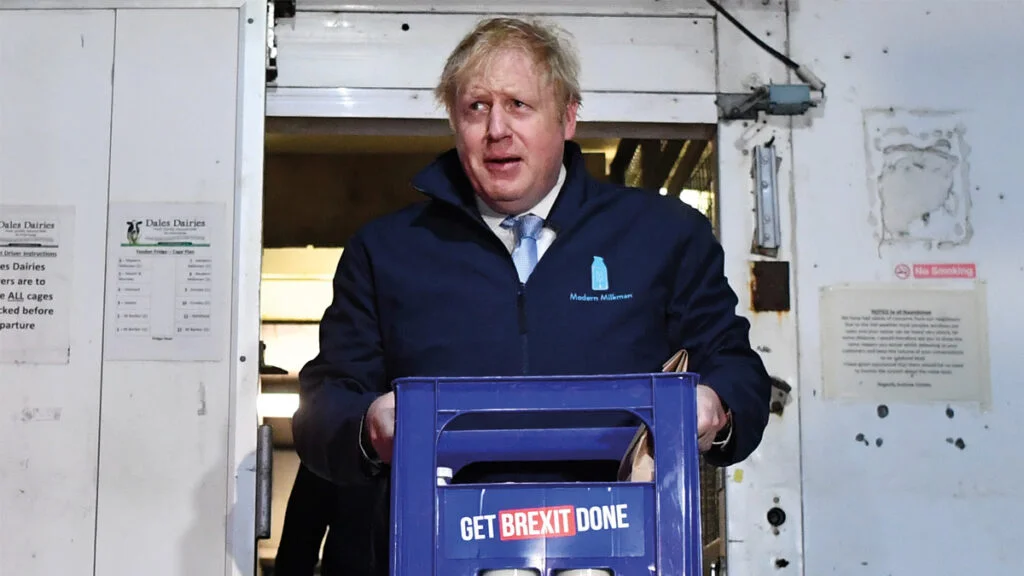
Modern Milkman is not Mellin’s first stab at running a business. In 2009, he started the free-range chicken farm company Roaming Roosters and grew it into a business turning over a few million pounds in revenue. After being approached by brands to resell their products, he launched his next venture, Grassroots Wholesale Foods, specialising in packing food for online retailers.
“At that time, no one was thinking about online. Everyone was thinking about supermarkets,” he says. “We were one of the early suppliers for brands such as HelloFresh and Gousto, backing their growth. We went from zero to £15m revenue in a couple of years.” That growth didn’t last, however. Grassroots Wholesale Foods was eventually sold for asset value. Mellin admits he and the company overestimated the market potential. “That was a huge learning opportunity for me,” he says.
It was valuable experience that he took into Modern Milkman. Blue Planet II provided the lightbulb moment, but it was spotting a gap in the market that made Mellin think he was on to something.
“Sir David was a big part of it, but there were a few other things that got me thinking,” he says. “I’d worked with HelloFresh and Gousto, and I’d also watched Ocado and Just Eat. A lot of firms were trying to take food digital, but nobody was thinking about smaller basket sizes and a higher frequency of deliveries.”
It was Mellin, however, who believed that in order to reduce waste, people needed to buy little and often, even online. The rise of supermarkets meant consumers were doing huge weekly shops and often wasting food. “I had a belief that food needed to go back to the old-fashioned way with little-and-often habits, but in a more convenient way,” he says.
The other aspect that needed solving was deliveries. Businesses such as HelloFresh were scaling by using third parties for the logistics, which Mellin assumed had to be inefficient. So instead, he bought a local milk round in Colne, Lancashire, and tried out his own particular model.
“We wanted to find a solution to the three pillars of sustainability, small baskets and logistics,” he says. “[The milk round in Colne] had 100 customers and that was the epiphany moment. Those customers wanted this service, but there were two major issues: the provider couldn’t get paid because nobody had cash, and the customer couldn’t manage their order because there was no way to interact. If customers wanted an extra pint of milk, they’d put a note in the bottle. This was impossible to manage or scale.”
Mellin’s solution was to build a tech platform. The Modern Milkman app enables people to log on and order products from there. Customers set up a regular delivery for a particular day of the week but can pause or edit that up to 8 pm the night before. They can also request one-off deliveries on other days of the week (depending on when the milk round arrives at their address).
“The milk round, along with the paper round, were some of the first pioneers of the subscription model. We wanted to use that as a foundation to build our business,” says Mellin. “I always talk about the ‘oh s**t’ moments. You open the fridge and think ‘Oh s**t, I’ve got no milk’. That’s the problem we’re trying to solve from the doorstep, adding convenience to the core grocery needs.”
The company works with around 70 suppliers and focuses on providing breakfast goods and core groceries such as dairy, bakery, fruit and vegetables, but it is not a manufacturer or food producer itself.
“We’re a platform that acts as a conduit and connects producers to users,” says Mellin. “The end goal is to enable people to be more sustainable. We’re not a manufacturer or a food packer, we’re a technology business with an integrated logistics vertical. We were very data-orientated when we started the business. We were clear on what we needed to do to make as efficient as possible.”
Modern Milkman found traction early on. It used direct sales, knocking on doors in areas where its service was available and putting leaflets through letter boxes. Mellin says growth rates were between 3 per cent and 5 per cent week on week and were boosted by Covid-19, which put the focus on sustainability and convenience.
To date, the company has raised around £50m in investment and makes in the region of 300,000 deliveries a week in the UK. It moved its headquarters from Colne to Manchester in 2023 in search of talent (50 per cent of its core staff are developers, data scientists and product experts). “It was about people,” says Mellin. “We’re a tech company and we needed the calibre of talents and skills.”
For a long time, Modern Milkman placed growth above profit. It expanded into France in what Mellin describes as a “very bull market” but closed those operations when the financial landscape shifted in 2022 and 2023.
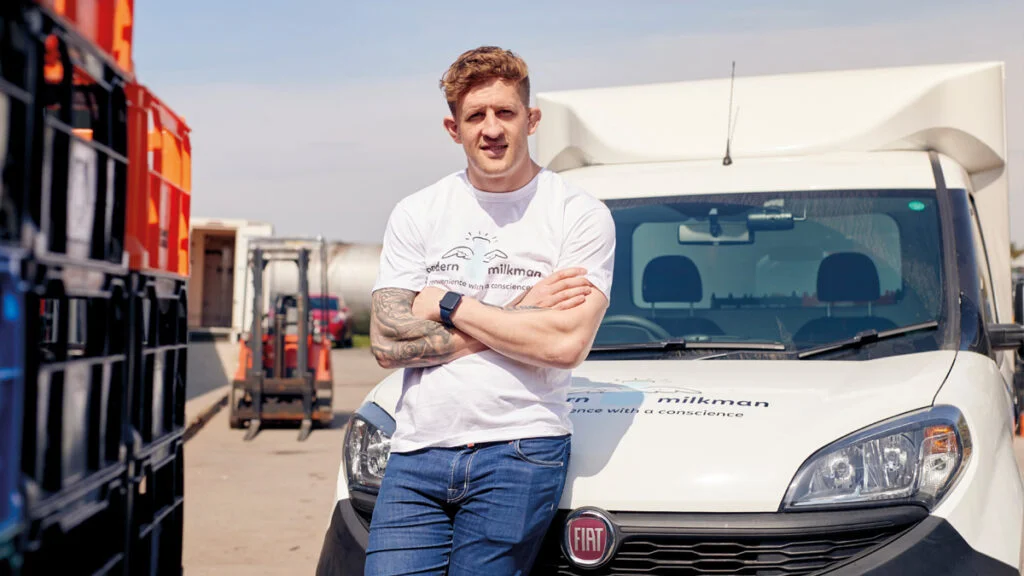
“There’s an old saying: ‘Businesses don’t die from starvation, they die from indigestion’. You can put too much capital into a company, and you see this a lot in tech companies,” he says.
“We had to go very quickly from growth at all costs to optimisation of capital efficiency. Luckily, we had a strong underlying business that we knew could generate margins. All we did was shut down a lot of the moonshot stuff – and France was one of those things we were trying to get to work – and focus on the core market in the UK.”
That doesn’t mean expansion is off the table in the future. Mellin turned his attention to the US after a chance discovery on the internet. “It’s a funny story,” he says. “We founded Modern Milkman and bought the domain name Modernmilkman.co.uk around the time of October 2018. At the same time, Seth Bahler, a fifth-generation dairy farmer from Connecticut, bought Modernmilkman.com as he wanted a more direct route to market for his milk.
“We got to know each other through that. I approached him in late 2022 and asked how he would feel about doing something together, and we got on really well. There were great synergies there: he had all the supply chain knowledge and we had all the front-end knowledge. We decided to merge the businesses on January 1, 2024. It really was fate.”
Mellin expects much of the business’s growth in the next few years to come from the US, as it focuses on profitability in the UK. The company reported pre-tax losses of £23m in 2022, while increasing turnover by 84 per cent to £45.5m in the same year. The figures for 2023 are yet to be published but are expected to show a consolidation of turnover and a narrowing of the losses, with the plan to break even at group level in 2024.
As for what’s next, Mellin wants to up the company’s commitment to sustainability. That is part of the reason why, in its last funding round, it brought the Fortune 500 company Avery Dennison on board. It is a material sciences business working with Modern Milkman to develop a new range of reusable and returnable packaging – including a washable, recyclable silicon-based bread bag.
“I think that’s the next step for us,” says Mellin. “What are the other core grocery products we can’t do yet? What are the products that are hard to package? Modern Milkman is only five years old, but we’re just getting started.”
Related and recommended
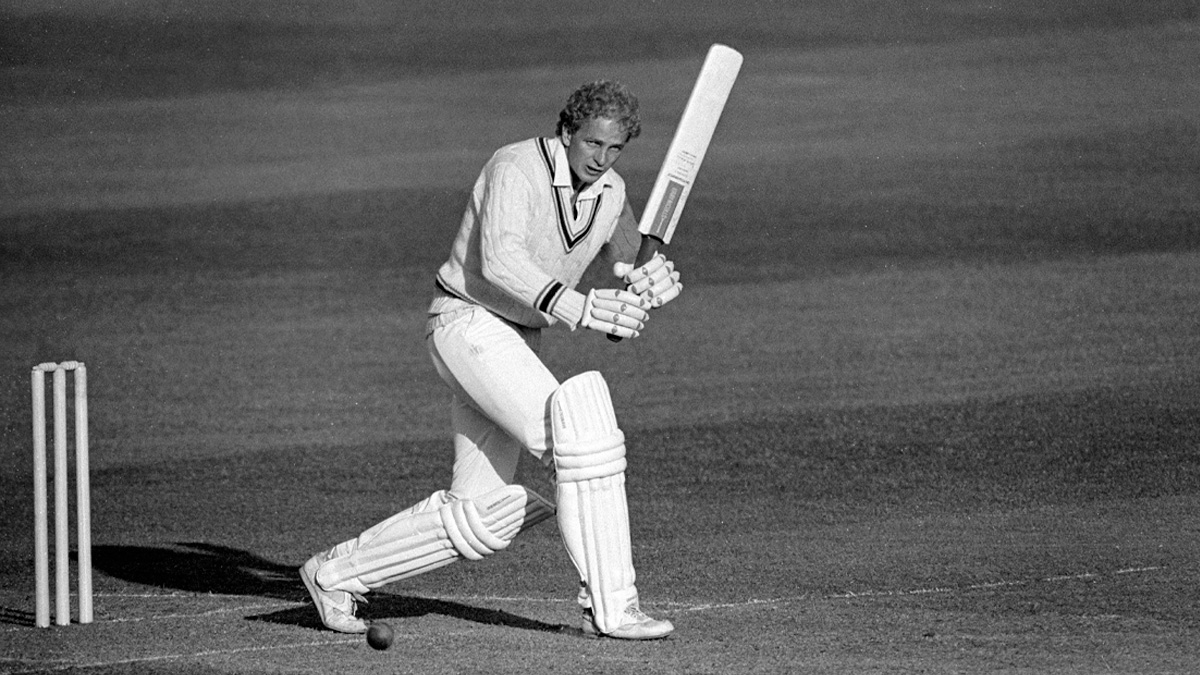
Spells of rare sporting brilliance show that finding intense concentration relies on achieving balance in your life
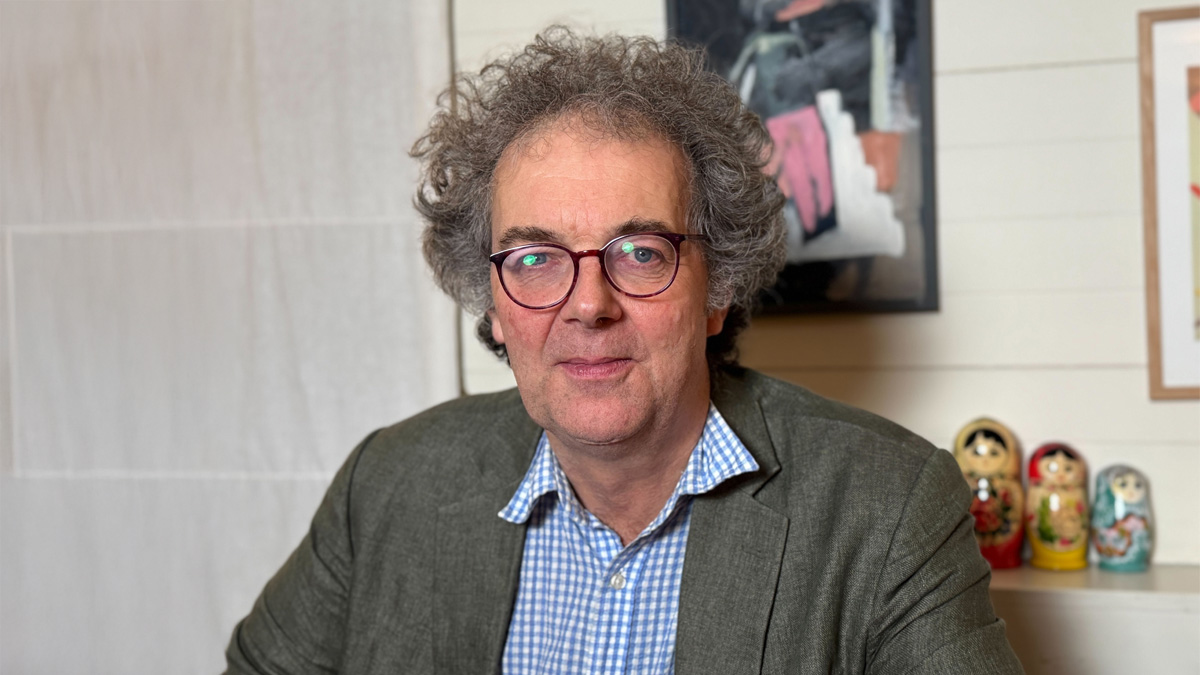
Rohan Blacker looks back at his time with e-commerce pioneer Sofa.com and explains the thinking behind his latest online furniture project
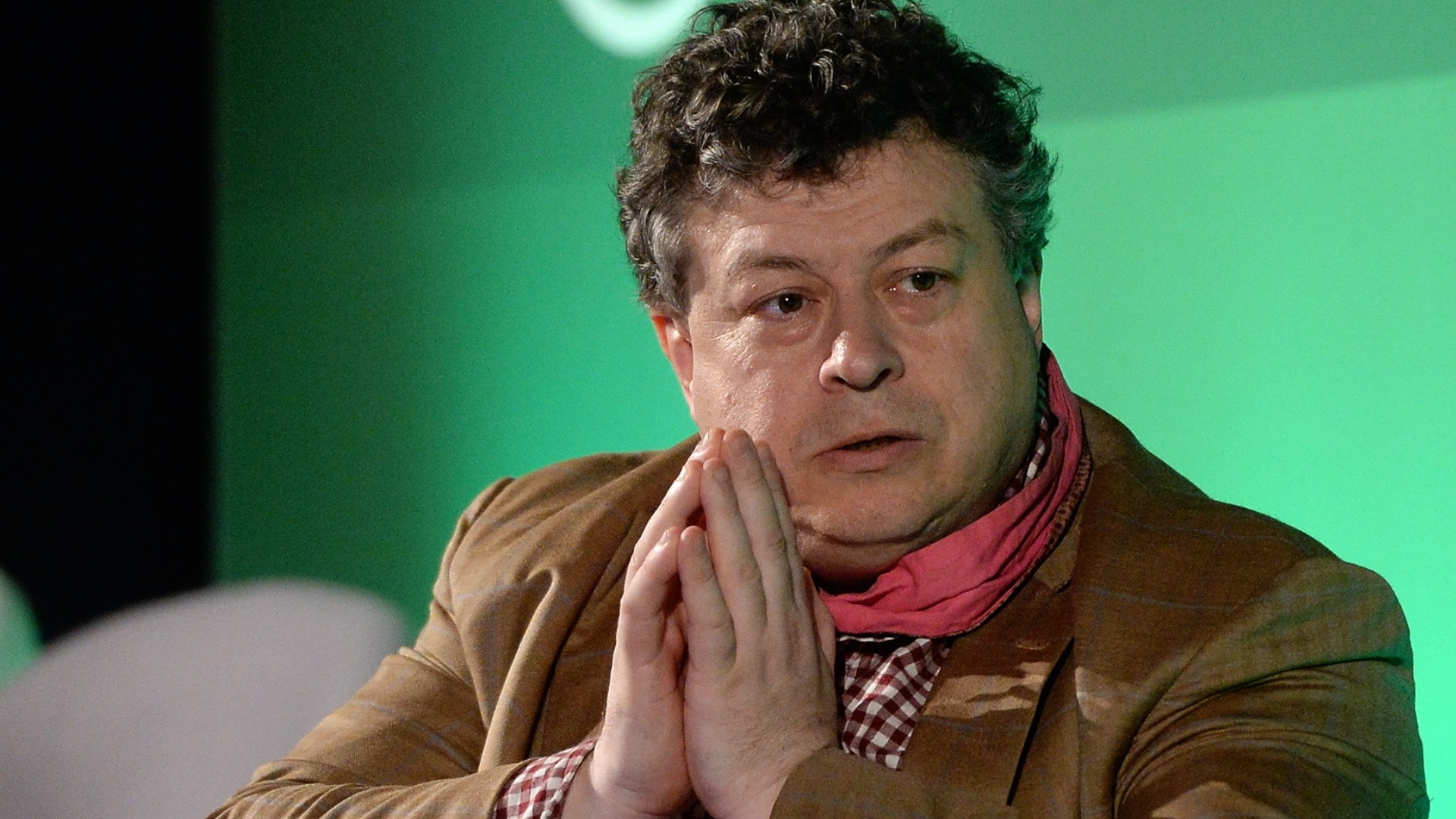
Rory Sutherland is one of the UK’s best-known marketing thinkers. He sets out why businesses should rethink how they value marketing, from direct mail to call centres and customer kindness

Leaders must realise the tech revolution can achieve its full potential only when human values remain central to change

